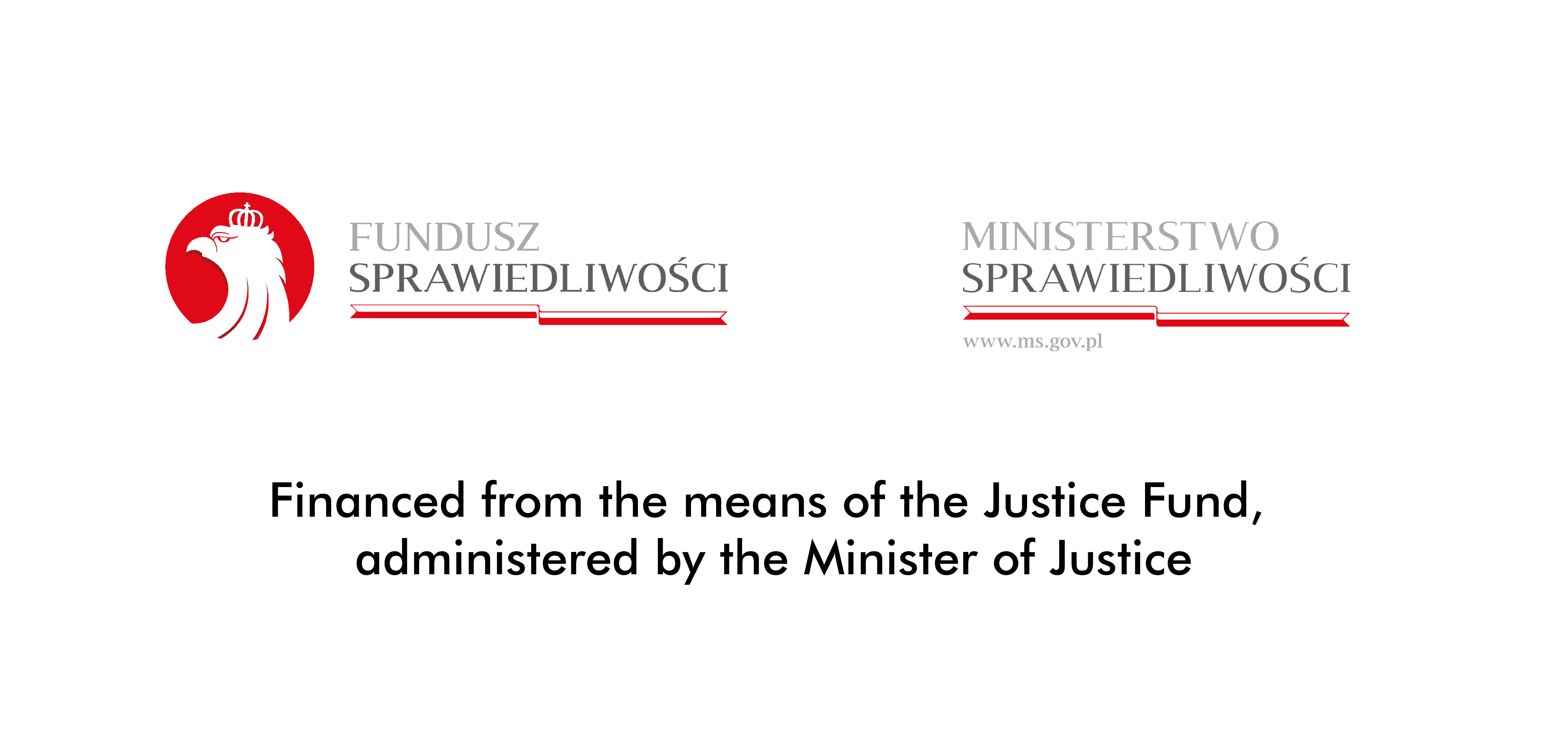Historical policy saves a sense of community
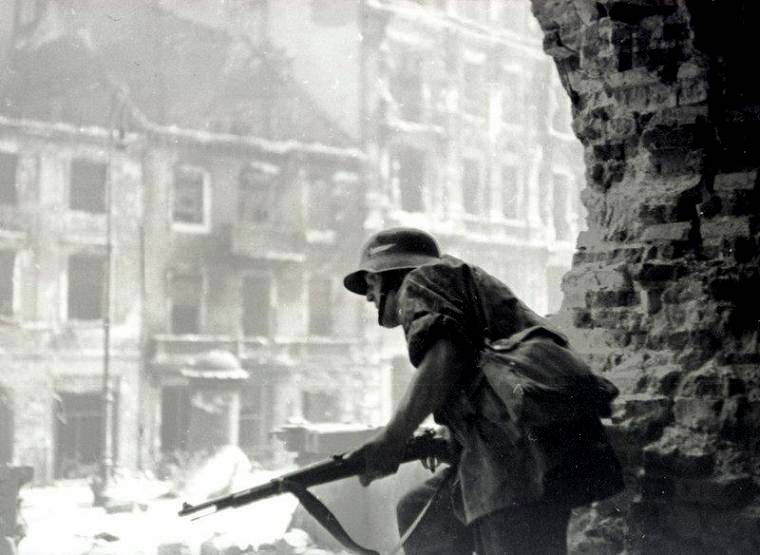
“National institutions, in a sovereign state, are obliged to conduct policy of memory and history” – says Prof. Jan Żaryn, a renown Polish historian and director of the Roman Dmowski and Ignacy Jan Paderewski Institute for the Heritage of National Thought.
KAROL GAC: Let’s start our conversation by defining the basics. How important is memory, history, and identity to a nation and state?
PROF. JAN ŻARYN*: This is an extremely important question, but it is legitimate only insofar as we make a certain assumption that the national community, like the family community, are the most natural entities, that is, those in which the individual discovers his place and the meaning of life. A national community understood in cultural terms, like a family community, is of course adopted by choice, but when this choice is made, then just as one loves the family, one loves the national community and heritage. In turn, it creates responsibility. This love is a necessary state to set in motion the entire “procedure” of cognition of the national community and heritage, and national institutions, in a sovereign state, are obliged to conducy policy of memory and history. It is about triggering cognitive processes, i.e. providing access to knowledge about the national community, but the state also has external tasks, i.e. protecting this heritage, its presentation. In the case of the Polish nation, we must remember that for many decades and even centuries entire generations found themselves and worked for the homeland outside the country. Today we say that there are about 38 million Poles living in Poland, and in total, after all, there are approx. 60 million. This is also an external heritage, or goods that were created in many countries around the world. We must remember that this is our heritage, which as a country we should protect.
There is a lot of talk in public discourse about historical policy. The problem is that it happens to be defined and perceived differently, especially by liberal-left circles. What, then, is historical policy to you?
It seems to me that sovereign states, that is, representing specific national communities, define it the same way. It is an external and internal policy. It is, firstly, universal education, that is, for example, programs or core curricula for humanities subjects in public school, which have the function of forming the Polish citizen. The school has its educational tasks, in values close to our community; it is inscribed in a specific national need that Poles have developed with their achievements. We do not want to break contact with the experiences of previous generations. We don’t want to destroy the works of Mickiewicz or Sienkiewicz, the paintings of Matejko or Stryjeńska. As a community we want these works to live on and become communicative from generation to generation. If we look, for example, at the 19th century and the Partitions, we were supposed to be very much affected by precisely this loss of contact with earlier generations. Such were to be the effects of Germanization or Russification, to flush out the popular strata from the possibility of the Polish elite building a modern nation. All of this was done to make these strata into a slaveless tool used by the invaders’ machine. We have had experiences in which the imperial partitioners understood that historical politics is an extremely important tool with which identity can also be taken away. The same was true during the communist period, when educational projects were designed to cause the next generation of Poles not to have a view of the achievements of the past, but rather to have Polish achievements and heritage disrupted or dishonored. Only the leftist-communist sequences of events were evaluated positively, and all the rest of the past, was to be either unknown or “fascist.” All the more reason why we should understand the value of pursuing a historical policy by an independent Polish state.
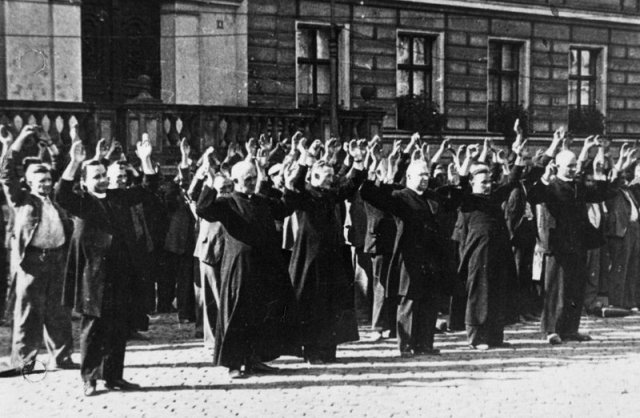
Only that there are circles that make accusations out of the mere fact of conducting historical policy. What is wrong with the states conducting it?
We must return to the beginning of our conversation. There are many circles, especially intellectual circles – in my opinion, mentally referring to the Bolshevik “heritage”, who believe that the national community is not a natural entity and there are others that should be supported. According to many intellectuals, such an entity is, for example, the EU with its relatively defined human and civil rights. According to some, the EU bureaucracy supporting the modern ideologues of pan-Europeanism can produce a “European culture,” which will result in the disappearance of the need for national identity. For such a category of people, who used to be called cosmopolitans, this historical politics practiced by nation-states is a waste of time and money and a pursuit of something evil i.e. sustaining an unnatural community.
This is exactly what the Bolsheviks tried to define in the ideological sphere. At the turn of the 20th century, Rosa Luxemburg believed that the process of economic transformation and European trade unions had globalized the continent to such an extent that the sense of national belonging would become completely foreign to the working class, and therefore all effort should be directed at making the working class the promoter of a new system, namely socialism, which was to lead to communist happiness. Any ideology that has a pseudo-divine element in it is, to some extent, attractive to proud and morally unscrupulous people, who, distancing themselves from the nature of man, try to eradicate it by all means. It is enough to recall Nazism or Bolshevism, which were ideologies and ruling practices that tried to cut man and his needs to ideological dimensions dictated by pagan ideologies. They were also ready to use scientific achievements that, without correcting them with moral values, led to the murder of the mentally ill or representatives of the “evil” race. I have the impression that the ideologues of the EU are very much fascinated by such a Bolshevik perception of the cultural space of the European continent. This fascination allows them to support the new revolution, including, for example, calling the possibility of murdering unborn children or allowing children to go to confession and first communion a human right.
How should Poland conduct its historical policy? What tools should we use to make it successful?
It seems to me that the time caesura of 2015, when the United Right took power, is legitimate here. Regardless of whether the current team makes mistakes, and there are probably a lot of them, it has put historical politics as a very important space of activity in its political program. This has resulted in the creation of many institutions that are even designed to fulfill this task. The Polish National Foundation, for example, was conceived and implemented as a certain tool for softly influencing the outside world, for example, in terms of conveying knowledge about the real course of World War II on Polish soil. The issue of reparations due also has this cognitive dimension. The current state of knowledge about Polish history is often based on either ignorance or the deliberate reproduction of a historical lie. This includes an unfair assessment of the behavior of Poles during World War II, such as attributing to us complicity in the Holocaust, and this despite the fact that it was our underground state and government-in-exile that were the only structures that recognized the rescue of Jews as a war objective from 1942 onward. There is no other such case in the world. Meanwhile, it was we who were saddled with co-responsibility, along with the Nazis. The Germans, as a state that also conducts historical policy, tried hard (fortunately, not only with success) to have the responsibility for the Holocaust removed from them. The same is true of the prevailing view regarding the fact that the Soviet Union liberated Europe from fascism. This view is derogatory to our knowledge and experience of history. The Soviet Union did not liberate anyone, but introduced a totalitarian system into areas that had previously been cleared of the German occupiers. The Soviets arrested and murdered representatives of our state, with the tacit approval of the Anglo-Saxons. The trial of the sixteen1 is an act of crime against the sovereign Polish state, whose representatives were accused of collaboration with the Germans.
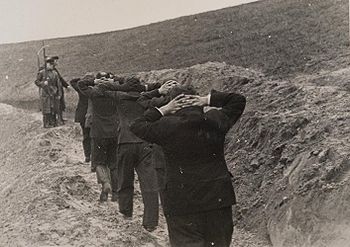
Isn’t this the best evidence of the need for an active historical policy, because otherwise others will impose their story? What it comes down to is blurring the responsibility of the Germans, additionally trying to make Poles co-conspirators in the Holocaust. At the same time, one should not forget about the Russian Federation’s constant attempts to manipulate history.
Of course, you are right. Many have asked themselves what the People’s Republic of Poland was. If we put a measure in the form of the historical policy pursued, or not, by the institutions of that state, we discover that the People’s Republic of Poland was not interested in protecting Polish national interests, and therefore in protecting this heritage and historical truth. At that time, historical policy was also pursued, but it was anti-Polish, tailored to the needs of the Communists and dependent on the interests of Moscow. What did this result in? The fact that in the space of the absence of the Polish voice, German and Russian voices entered, which filled to some extent the pool of knowledge about the years 1939-1945. Poles with their own sovereign voice were simply missing. Only in exile and in families did we preserve the memory of the past, with official propaganda and education subject to censorship and cruel distortions. Today, we are feeling the effects of such policies, as a result of which our voice was absent for decades.
We also have a sense and awareness that we were afflicted as a nation in the People’s Republic of Poland with the virus of Sovietization, which washed out in us the ability to understand this heritage in its real dimension. As the director of the Roman Dmowski and Ignacy Jan Paderewski Institute for the Heritage of National Thought, I know how the heritage of the national camp was destroyed, depreciated, and deceitfully evaluated during the communist period, and how we thus lost access to an extraordinary intellectual and cultural wealth. After all, we do not have to accept it, as well as the Piłsudski tradition, but these riches are real in our heritage. As such, it is worth recognizing them and figuring out whether to reject them. After all, one does not have to treat the whole as a positive national heritage, but this does not mean that one should not recognize it or turn one’s back on it; treat it as a white spot because it does not fit the story of Poland and Polishness tailored, for example, to the leftist tradition. Polishness is all there is to experience so that the elements of Polishness that are recognized by the nation as positive heritage can develop. For example, to my knowledge, to this day there is no school in Poland named after Roman Dmowski. Why? There are no streets, for example, in Warsaw, Jan L. Poplawski, Rev. Kazimierz Lutosławski, Prof. Roman Rybarski, and so on endlessly. There is no common knowledge that, for example, Jan Kasprowicz was a national democrat, and Stanisław Wyspiański’s “Liberation” (Wyzwolenie) was inspired by reading “Thoughts of a Modern Pole” (Myśli Nowoczesnego Polaka) and listening to the author’s words spoken by Dmowski in one of Krakow’s salons.
I believe that a great loss for the Poles was the absence of the legacy of the actual national camp, especially from the turn of the 19th and 20th centuries, when the modern nation was built on its shoulders. We didn’t have a state, and we became winners of World War I, thanks to which we were able to participate in arranging the world order at Versailles. We can remain in denial, but it is necessary to recognize the Polish historical reality to know what assets we have. Of course, this also concerns specific figures. What is particularly poignant is how many heroes of our heritage have not lived to see a documentary or feature film. Wouldn’t any sovereign nation want to display its heroes? It was absurd to bury in a drawer such an extraordinary biography as that of Rittmeister Witold Pilecki, who exemplified the communal qualities of the Polish nation so beautifully. We have such individuals in our heritage in excess. We need to recognize our heritage and see what wealth we have. This cognition is enriching.
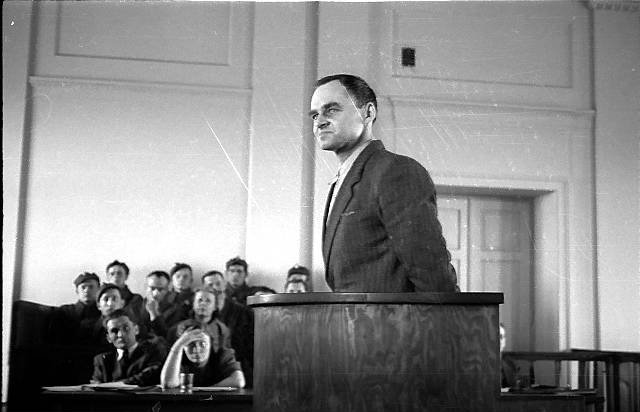
We are in the year 2022. On the one hand, we have modern technologies, we have untapped potential in historical cinema, while on the other hand, we should think about our soft power, for example, through a network of think tanks. Should we have a hierarchy at all, or should the state simply pursue historical policy in many areas with different tools?
After 2015, we may feel a certain excess of historical policy, in that there are a great many state institutions that pursue such policies. These include, for example, State Treasury Companies, which have their non-profit organizations, and these promote various works. We also have ministries, where some of the powers in the scope of historical policy are vested. Many entities are eager to make a name for themselves in this area. This may cause some confusion, but it seems that today the main instrument is popular teaching. We also have the Ministry of Culture and National Heritage, which has a number of instruments that affect the external and internal space. I can mention, for example, my R. Dmowski and Jan Paderwski Institute for the Heritage of National Thought, which has a patriotic fund, through which we can influence public space by promoting certain projects or organizations through funding. The Ministry of Culture and National Heritage has expanded tools that translate into reality in a positive way. We have very large tools, which gives us a qualitative change. She may not be visible at first glance, but if we stop for a moment, we will find that we are a space completely incomparable to the period before 2015. And long may it continue…
*Prof. Jan Żaryn is a renown Polish historian, expert on the history of 20th century Poland. Since 2020, he has served as director of the Roman Dmowski and Ignacy Jan Paderewski Institute for the Heritage of National Thought.
1 a staged trial of 16 leaders of the Polish Underground State who were kidnapped by the NKVD secret service and falsely accused of various forms of ‘illegal activity’ against the Red Army in 1945. 12 captives were sentenced to prison, while charges against the remaining 4 were dropped by the prosecution.
